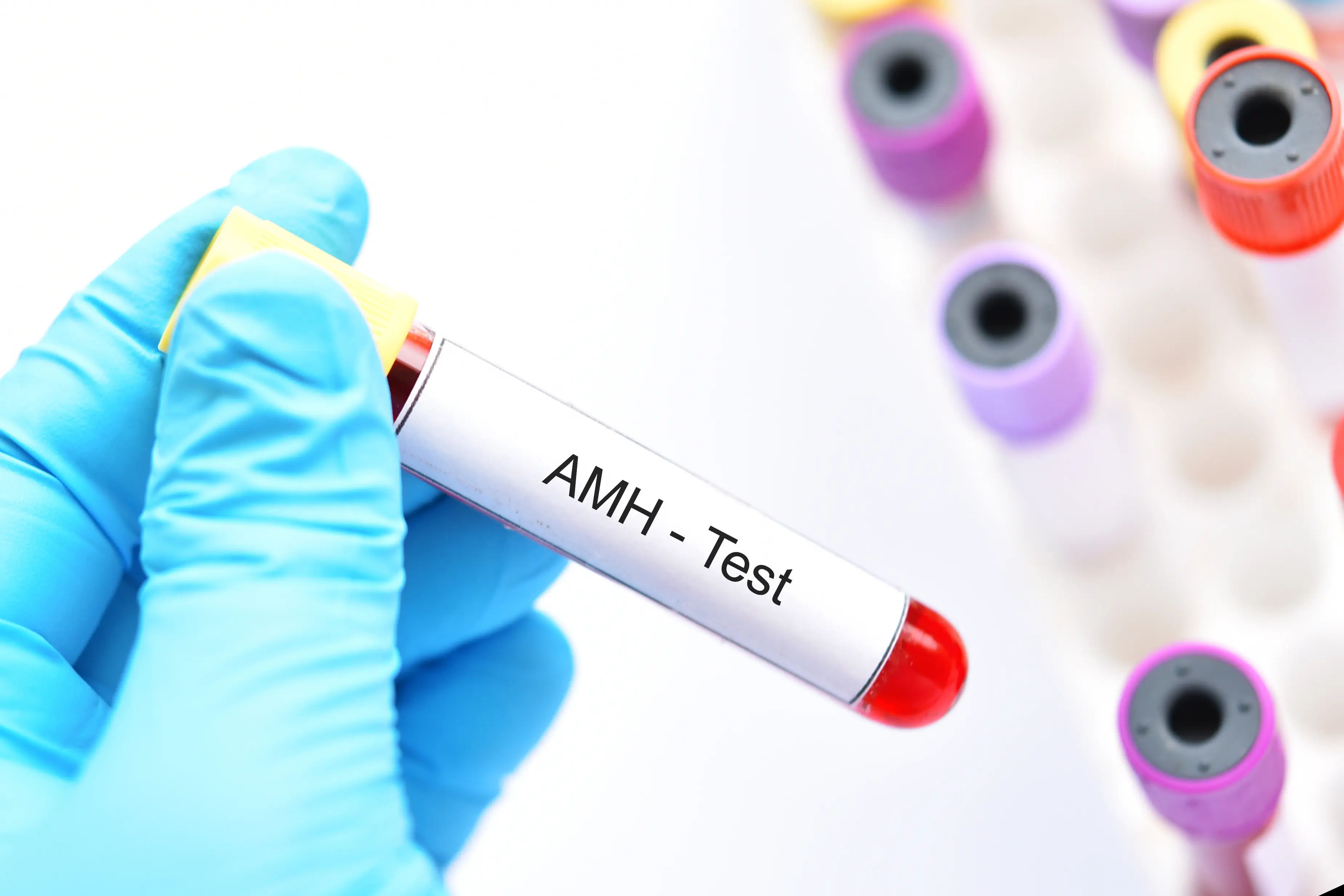- Female
- 30 Years
- 29/01/2025
I'm currently in my first trimester and have been experiencing a lot of nausea. I've heard about Doxinate, but I'm worried about whether it's really safe to take during this stage of pregnancy. Are there any risks or side effects for the baby that I should be aware of?
Answered by 1 Apollo Doctors
Doxinate is a combination of doxylamine and pyridoxine, commonly used to treat nausea and vomiting during pregnancy. It is considered safe to use during the first trimester of pregnancy. Studies have shown that it does not increase the risk of birth defects or other adverse outcomes for the baby. The usual dosage of Doxinate during pregnancy is 1 tablet at bedtime, and if needed, 1 tablet in the morning and 1 tablet in the afternoon. It is important to follow the recommended dosage and not exceed the prescribed amount. Common side effects of Doxinate may include drowsiness, dry mouth, and blurred vision. These side effects are usually mild and temporary. If you experience any concerning side effects, it is important to consult your healthcare provider. Overall, Doxinate can be safely used during the first trimester of pregnancy to help manage nausea, with minimal risk to the baby.
Dr. Dhankecha Suggests...
Consult a Obstetrician and Gynaecologist
Answered 04/07/2025
1
0

More Obstetrics & Gynaecology Health Queries
View allI'm three months pregnant and just had my NT and dual marker screening, and the results are showing a high risk for trisomy 21. I'm really worried about what this means and how it might affect my baby. Can you help me understand this better?
A high-risk result for Trisomy 21 (Down syndrome) from your NT and dual marker tests is concerning, but it's essential to understand that it's a screening test, not a diagnostic test; consult your doctor or a genetic counselor to discuss the results, and they may recommend further testing, such as a non-invasive prenatal test (NIPT), chorionic villus sampling (CVS), or amniocentesis, to confirm the diagnosis and determine the best course of action.
Answered by 1 Apollo Doctors
I've taken abortion pills, and about 30 days after having sex, I started bleeding like my normal period. But then after 10 days, I had pain for 3 days, and the bleeding started again. Now it's been bleeding for more than 10 days. What should I do?
After taking abortion pills, experiencing bleeding for more than 10 days can be concerning. It is important to monitor the amount of bleeding and any associated symptoms. If the bleeding continues beyond 2 weeks or if you experience severe pain, fever, or foul-smelling discharge, please seek immediate medical attention.
Answered by 1 Apollo Doctors
I was recently diagnosed with a 1.1-1.2 cm subendometrial fibroid in the upper anterior wall of my uterine cavity. I don't have any symptoms but I'm trying to get pregnant do I need to remove it for fertility? What kind of surgery would be required if it has to be removed? Just wondering if it could affect a normal pregnancy
Surgery not needed
Answered by 1 Apollo Doctors
Disclaimer: Answers on Apollo 247 are not intended to replace your doctor advice. Always seek help of a professional doctor in case of an medical emergency or ailment.





